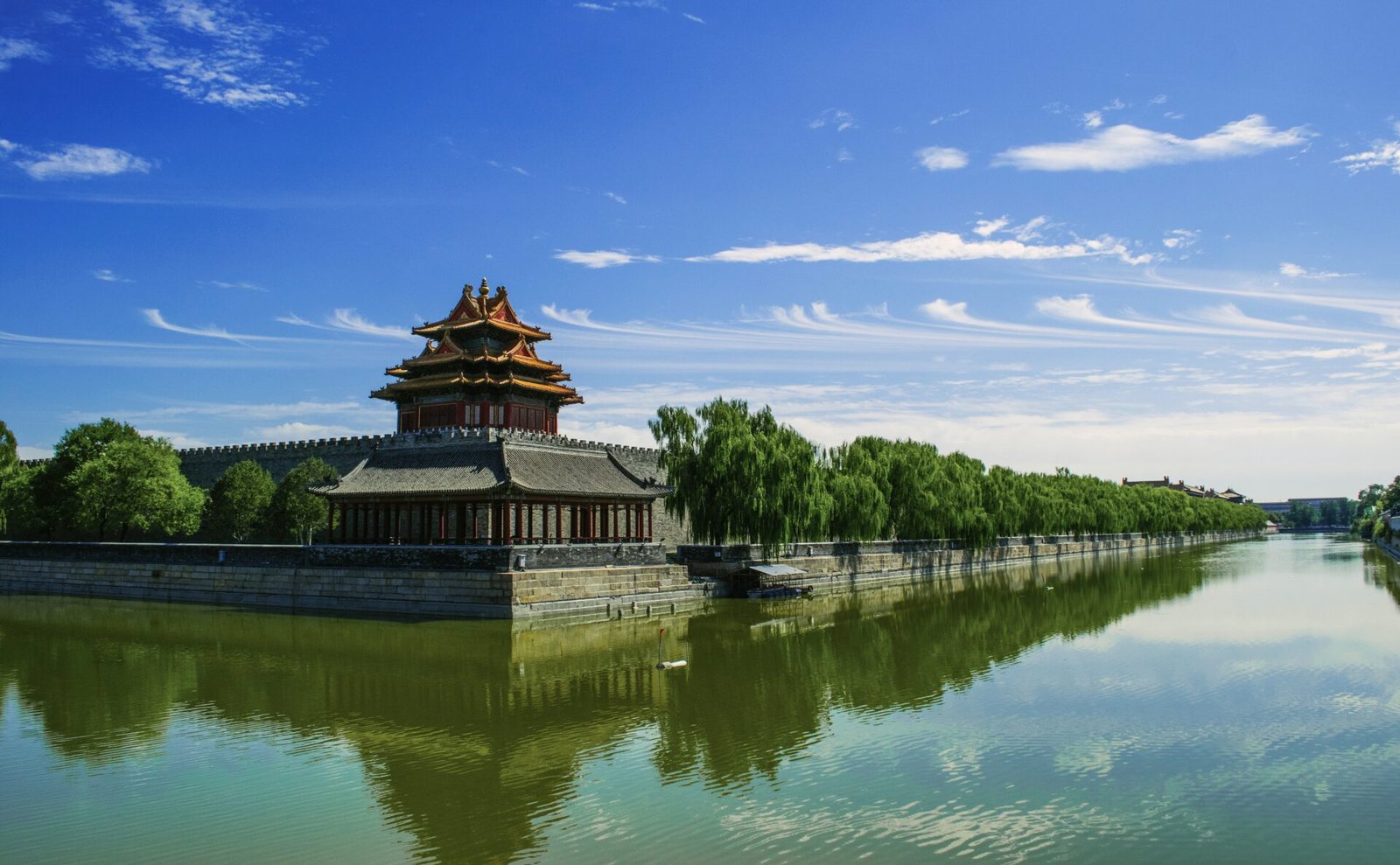Puyi (1906-1967), also known as Henry Puyi or Aisin-Gioro Puyi, was the last Emperor of China, who ascended to the throne at the age of two and ruled from 1908 to 1912. His family, the Aisin Gioro clan, had been the imperial family of the Qing Dynasty for over 250 years, from 1644 to 1912.
Puyi was born in the Forbidden City, the imperial palace in Beijing, on February 7, 1906, to Prince Chun, the younger brother of the Guangxu Emperor, and his consort Youlan. As the son of a prince, Puyi was entitled to the title of “prince” himself, and was raised in luxury and privilege within the imperial palace.
After the fall of the Qing Dynasty in 1912, Puyi was forced to abdicate and the imperial family was expelled from the Forbidden City. Puyi was allowed to remain in the palace for a few more months, but was eventually forced to leave and was sent to live with his father in Tianjin. From there, he was moved to the Summer Palace in Beijing, and then to the Japanese concession in Tianjin, where he lived from 1917 to 1924.
During his time in Tianjin, Puyi was under the control of the Japanese, who had installed him as the puppet emperor of Manchuria in 1932. He lived there until the end of World War II, when he was captured by Soviet troops and handed over to the Chinese government.
After his release from prison in 1959, Puyi lived in Beijing, where he worked as a gardener in a botanical garden until his death in 1967.
Puyi’s family suffered greatly as a result of the fall of the Qing Dynasty. Many members of the imperial family were forced to flee China or were executed by the new Republican government. Puyi’s mother, Empress Dowager Longyu, died in 1913, and his father, Prince Chun, was exiled to his home province of Shanxi. Puyi’s brothers and sisters were also scattered across China and eventually fled to other countries.
Puyi’s own life was marked by tragedy and turmoil. He was separated from his family at a young age, forced to abdicate his throne, and spent many years in captivity under various foreign powers. He also faced numerous personal challenges, including drug addiction, alcoholism, and a failed marriage.
Despite the difficulties he faced, Puyi remains a fascinating figure in Chinese history. His life and the story of his family offer a unique perspective on the collapse of the Qing Dynasty and the tumultuous years that followed.
Read More:
